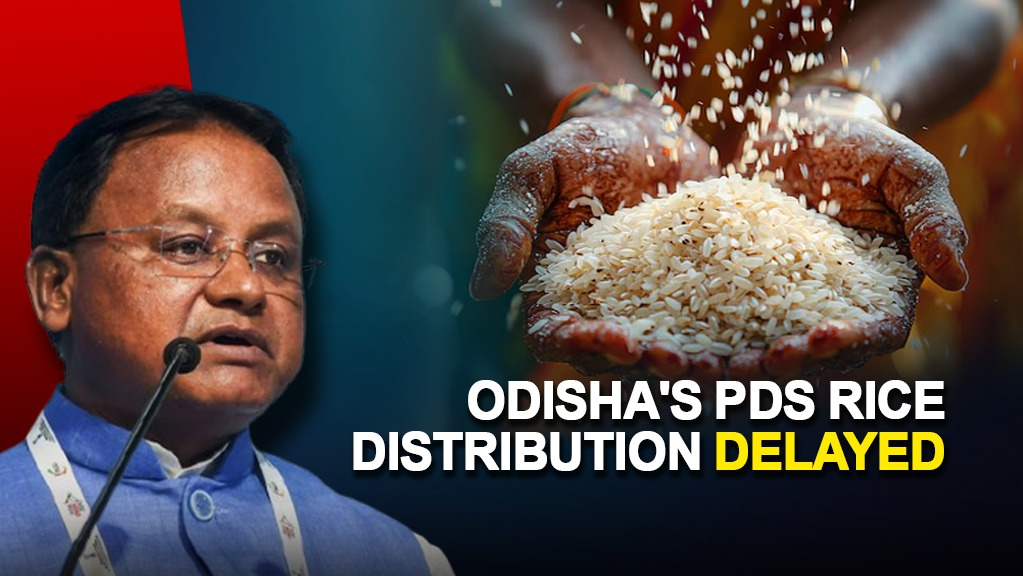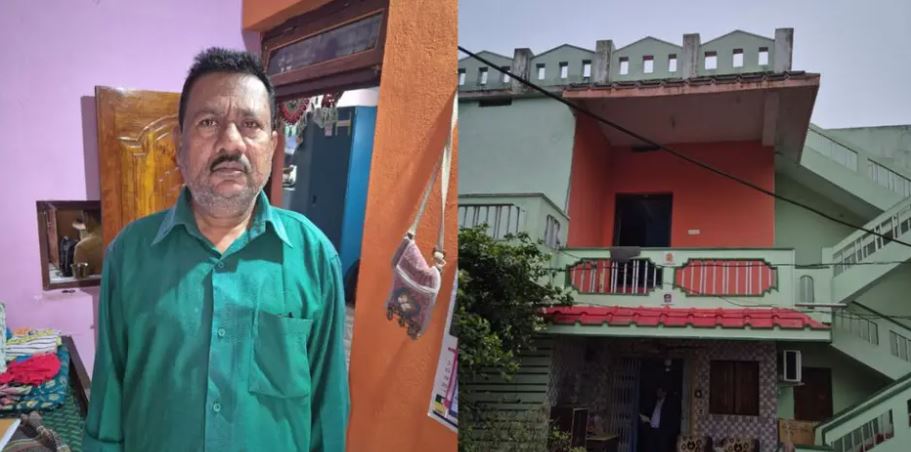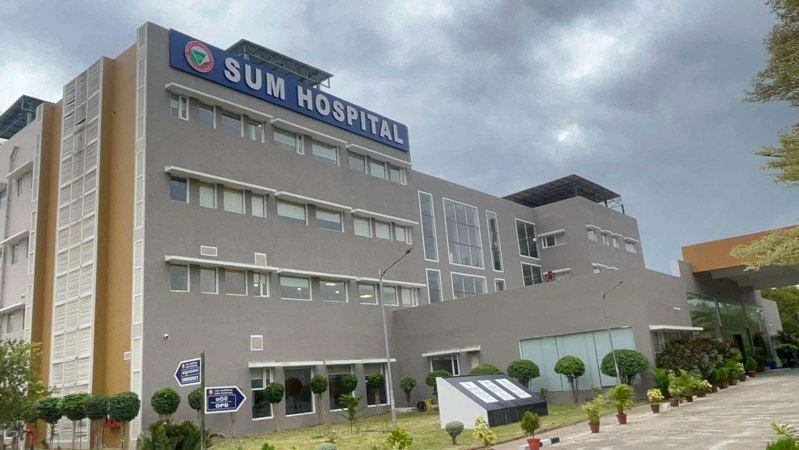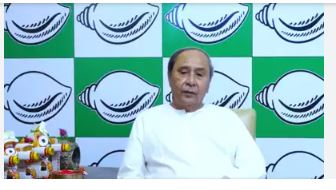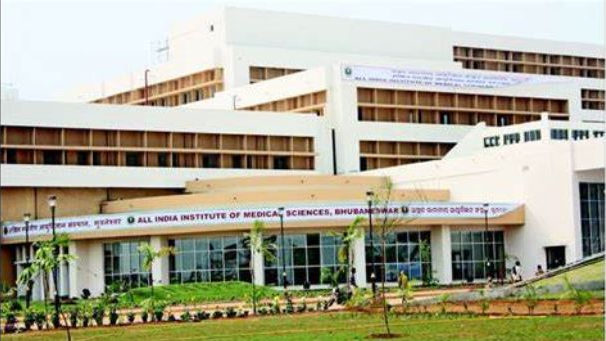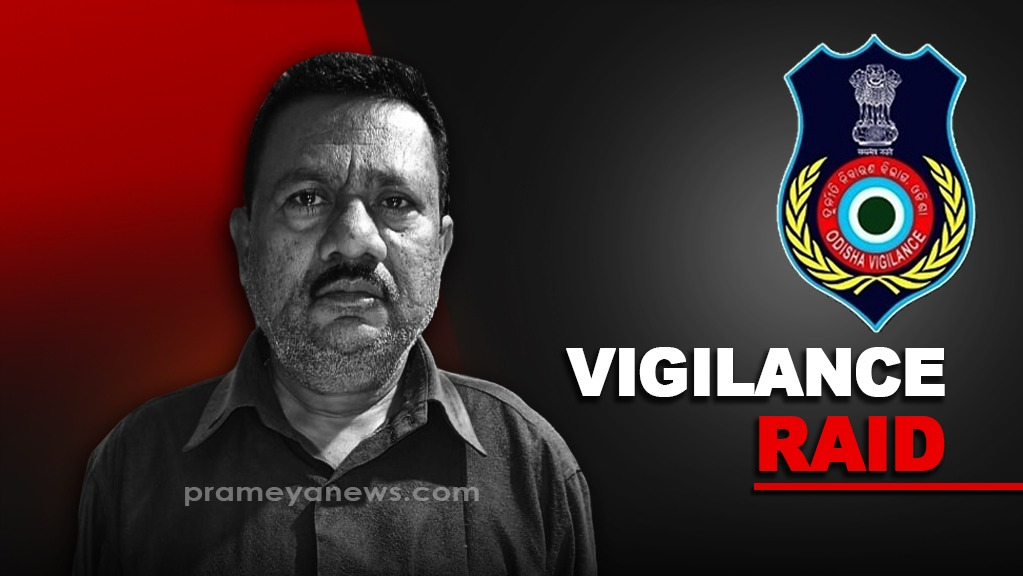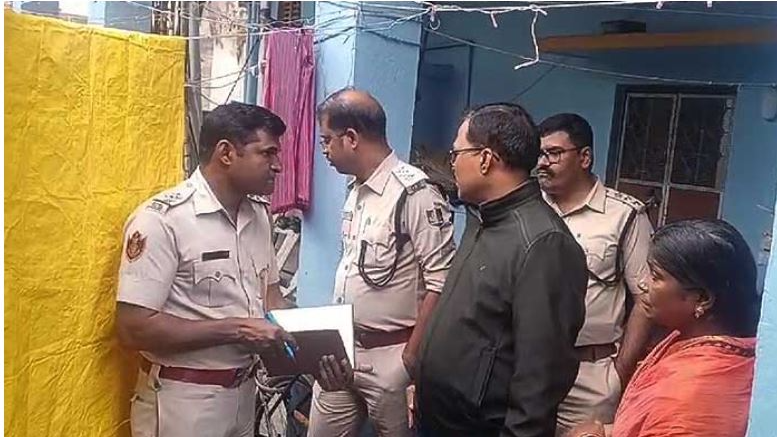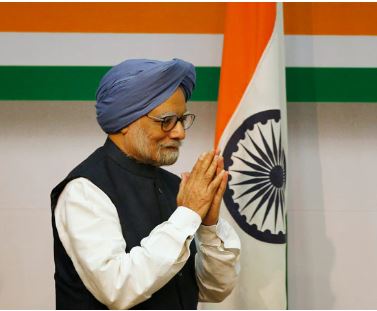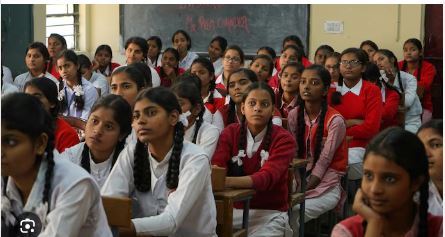Delays in the distribution of PDS rice for the October-December quarter have come to light, raising concerns about food security and the efficiency of the government's welfare programs. The root cause of this delay? An ill-conceived plan to introduce wheat into the PDS without proper planning and logistical support.
A Series of missteps:
The Food Supplies and Consumer Welfare (FS&CW) department's attempt to integrate wheat into the PDS has been plagued by a series of missteps and contradictory instructions, leading to confusion and delays at the ground level.
Initial Announcement: In October, FS&CW Minister Krushna Chandra Patra announced the distribution of wheat alongside rice to ration card holders.
Conflicting Orders: The department's initial allotment order in August instructed district civil supplies officers (CSOs) to begin rice distribution from October 1st. However, a revised order in September directed CSOs to distribute rice only after deducting the quantity of wheat requested by cardholders.
Sudden Reversal: On November 6th, the department abruptly instructed districts to halt wheat distribution, leaving PDS contractors with large quantities of wheat and no clear instructions on storage or disposal.
Software Glitches and Logistical Challenges:
Adding to the confusion, software upgrades for point-of-sale (PoS) machines used by PDS dealers caused further delays. Offline centers, which rely on manual data entry due to internet connectivity issues, experienced even longer delays as they received their rice quotas late.
Lack of planning and evaluation:
The wheat distribution debacle highlights a lack of foresight and planning on the part of the FS&CW department. The absence of a proper evaluation of beneficiary needs and logistical requirements for wheat transportation created a chaotic situation that ultimately hampered the timely distribution of essential food grains.
Minister Patra has acknowledged the delays and attributed them to the ongoing survey to assess wheat demand in each district. He stated that wheat distribution will likely be possible for the January-March quarter, once the survey is completed and the tendering process for wheat transportation is finalized.
The delay in PDS rice distribution has raised concerns about food security, particularly for vulnerable populations who rely on these programs for their basic needs. The government's indecisiveness and lack of preparedness have created unnecessary hardship and uncertainty for beneficiaries.
This incident also raises questions about the government's ability to effectively implement welfare programs and ensure timely delivery of essential services. The lack of coordination and communication within the FS&CW department has exposed systemic weaknesses that need to be addressed to prevent future disruptions in food distribution.
The Odisha government must take responsibility for the PDS rice distribution delays and ensure that such incidents are not repeated. A thorough investigation into the decision-making process surrounding the wheat distribution plan is needed to identify accountability and prevent similar missteps in the future. Furthermore, the government needs to prioritize transparency and communication in its welfare programs. Clear and timely information should be provided to beneficiaries and PDS dealers to avoid confusion and ensure smooth implementation of essential services.








